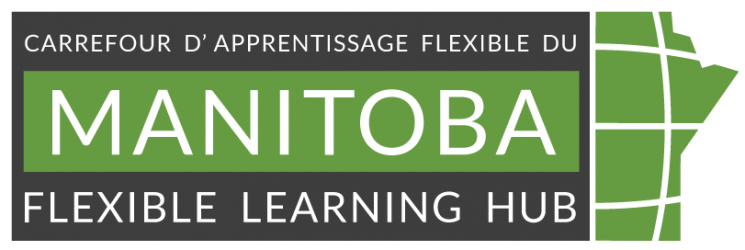
Image by cottonbro from Pexels
Planting the garden
written by JJ Cloutier and edited by Nancy Fischer
The story behind the “Assessment garden: A directory of alternative assessments.”
In the summer of 2023, Ariful and I sat down to chat about topics and resources for the MB Hub website to fill gaps or update out-of-date resources. I peppered him with questions and random thoughts. In his answer, he provided impromptu lessons about course design.
Many aspects of the course design made sense to me, such as:
- Choose learning goals. Break those down into a learning objective.
- Use specific adjectives to align the learning objective to the taxonomy level it is meeting.
- Plan the assessments to measure the learning objective.
- Plan the learning activities to match the assessment and the learning objective.
- Write rubrics for assessments.
- Ensure course quality with self-assessment to quality rubric.
However, I needed help understanding how new instructors would know how to select a suitable assessment. In my history as a student in post-secondary, my experience was almost exclusively with “standard assessment” such as:
- Exam with a combination of multiple-choice questions or long answer
- Quizzes
- Essays
- Oral presentations
- Lab reports
The problem
How did anyone match the alternative assessment to the learning objective? Since there were several adjective lists for the cognitive Bloom taxonomy levels, I thought there were also banks of assessments to help a new instructor, right?
Well, not really, or not as robust and helpful as I imagined. D2L listed a few, and the University of Waterloo Centre maintains a list of assessment and activities but without level of detail about the different assessments.
I asked Ariful if we could make a resource. Was it too wild of an idea? Well, bravely or maybe a little foolishly, Ariful accepted the challenge. He showed me a fantastic resource from 2022 McMaster University’s OER: Beyond the Exam. It lists 20 alternative assessments with associated Bloom’s cognitive levels as examples of what we could do.
The plan
So, we developed a plan to build a resource that new or well-established instructors would find helpful, whether in their first or 100th course. I nicknamed this the “Assessment garden” because of all the blooms we would have.
Taking inspiration from “Beyond the Exam” but decided not to host the assessment on our site; instead, we would be a directory of assessments. I did a deep dive to find over 200 alternative assessment options (admittedly, some doubles in the mix and some other we tossed for various reason). Ariful carefully reviewed and categorized them (he really did the hard stuff here. I got to have the fun of a deep diving without the follow up of reading everything). Then, with inspiration from Curt Shoultz, the director of the Centre for Teaching, Learning and Technology at Brandon University, we decided on a web application to turn a boring, long list into a searchable directory.
The tool
The assessment garden is filled with assessment method listings that can be search by bloom’s cognitive levels, and assessment type. You can review by added date or assessment title. Each listing provides:
- A brief description of the assessment
- The assessment source(s), book details or the URL
- The assessment type: Formative, summative or both
- Bloom’s cognitive levels for the assessment
What is next?
We plan to keep seeding this garden as we add more alternative assessments, including experiential learning options.
In the works but most likely for 2025 is to add a second plot to the garden for alternative learning activities, including Virtual whiteboard activities. Other considerations we are thinking about include adding Bloom’s affective domain and psychomotor domain or even a different taxonomy, such as Fink’s Significant Learning Outcomes, SOLO, or Webb’s Depth of Knowledge Framework.
If you have an opinion on which next step we should prioritize, or an assessment to add, we would love for you to tell us about it. Please add a comment below.
Thanks
JJ
